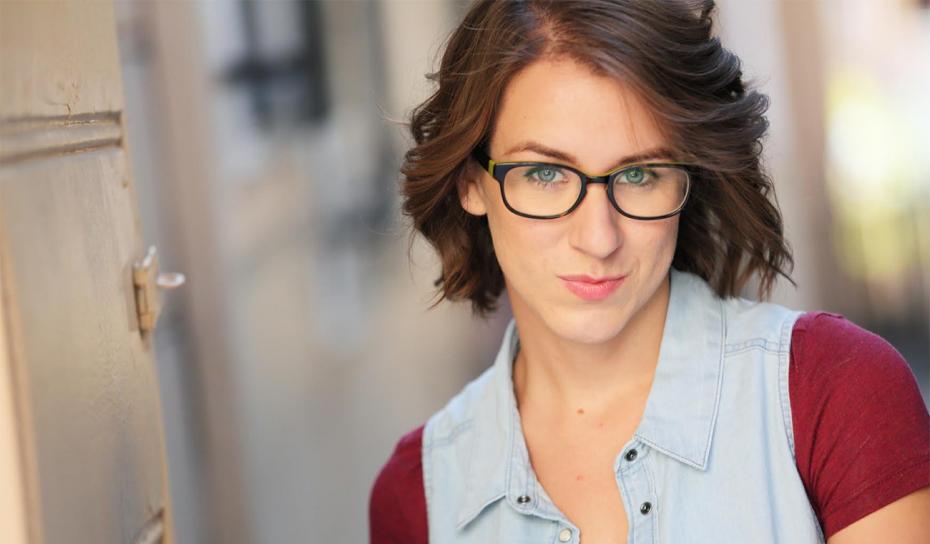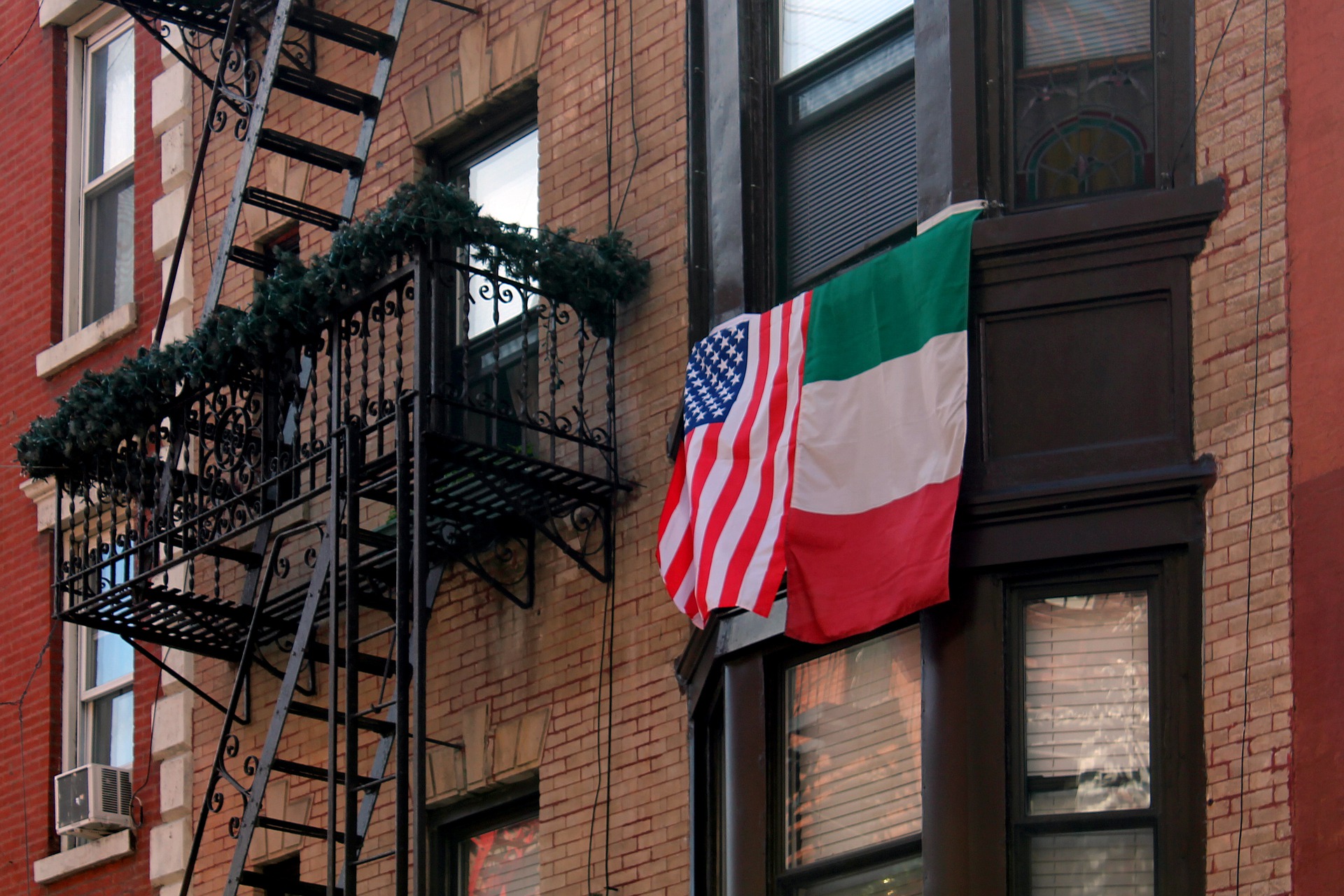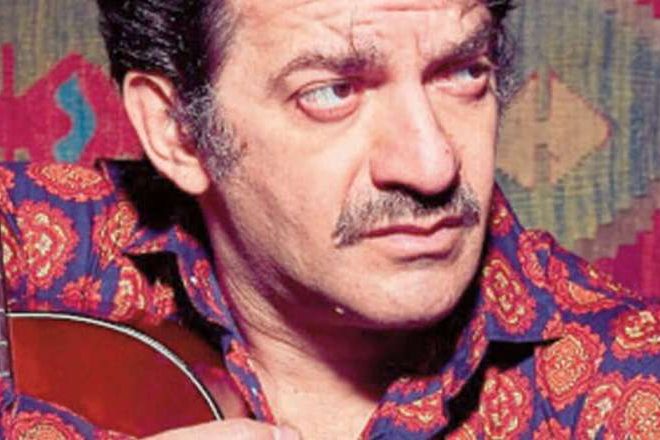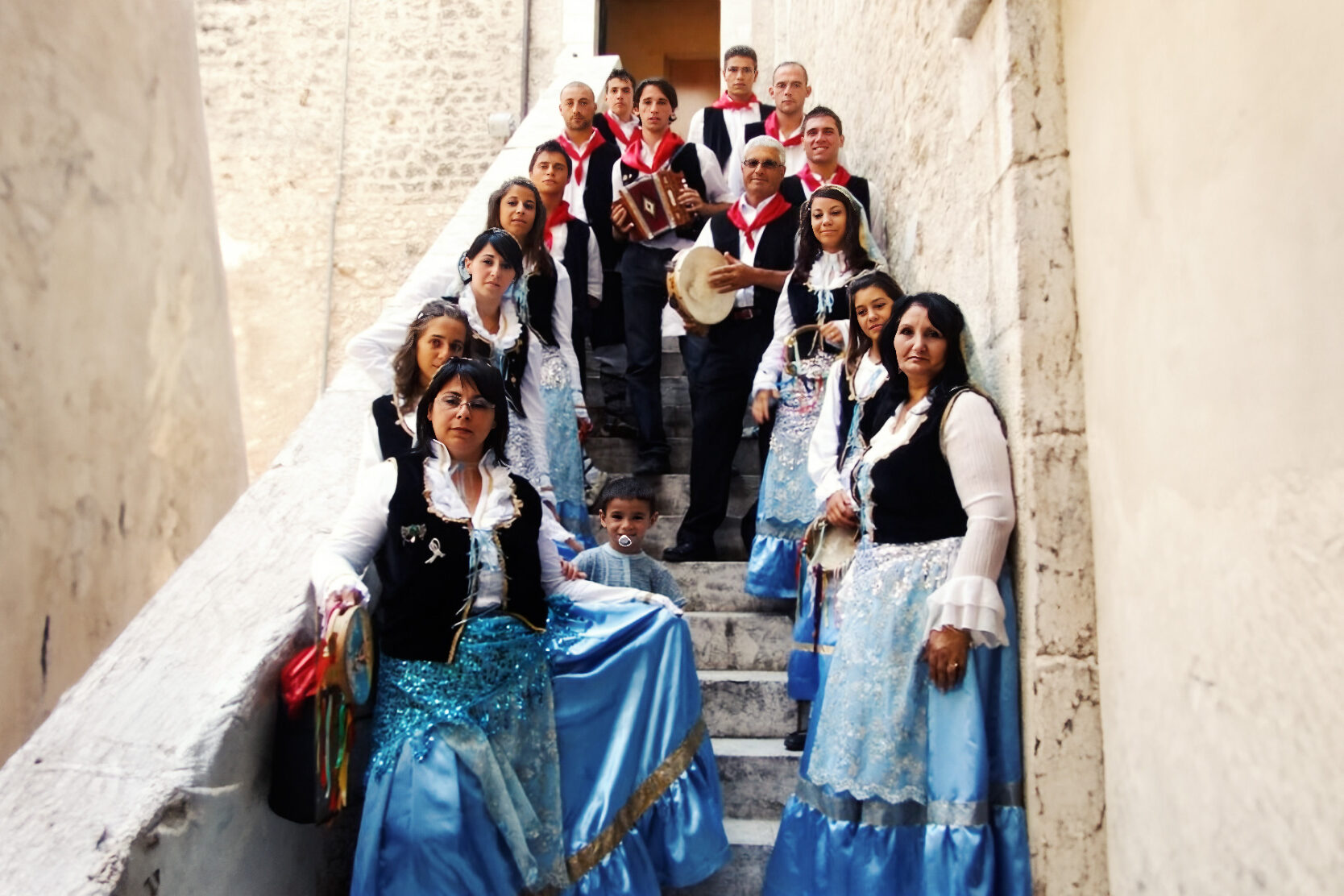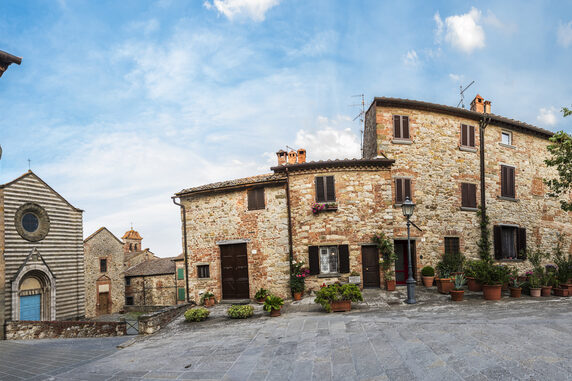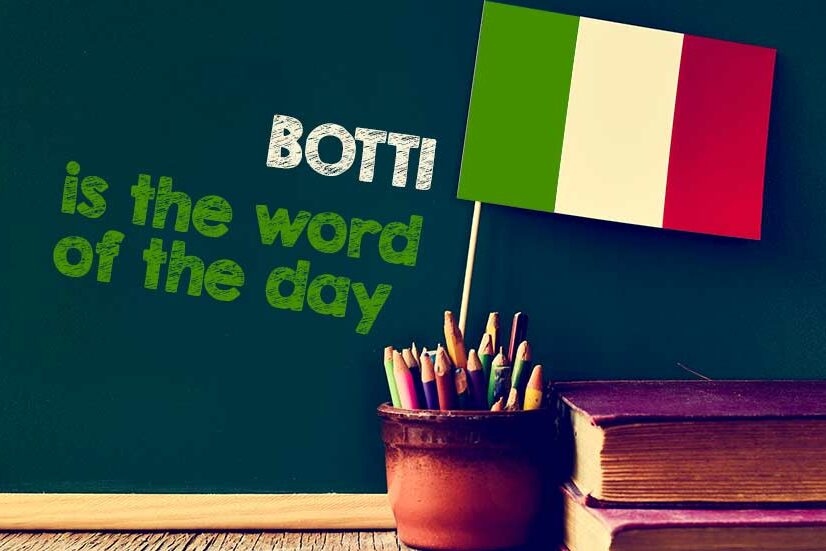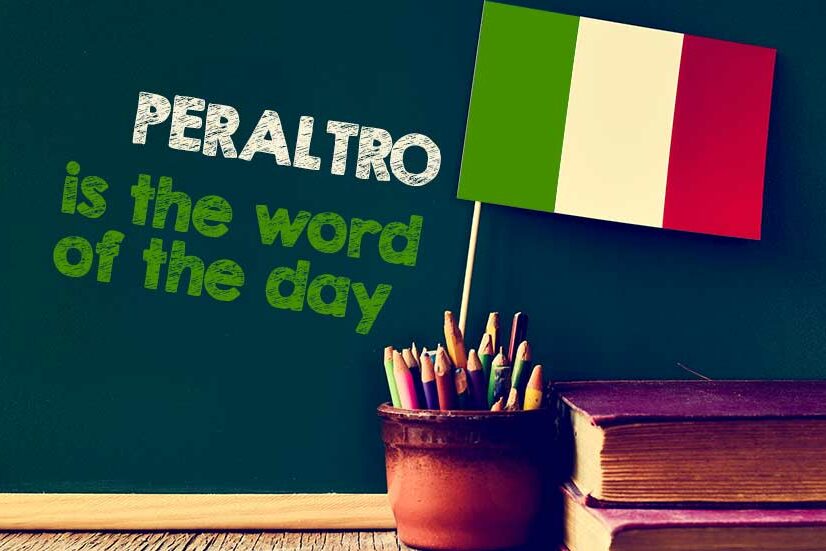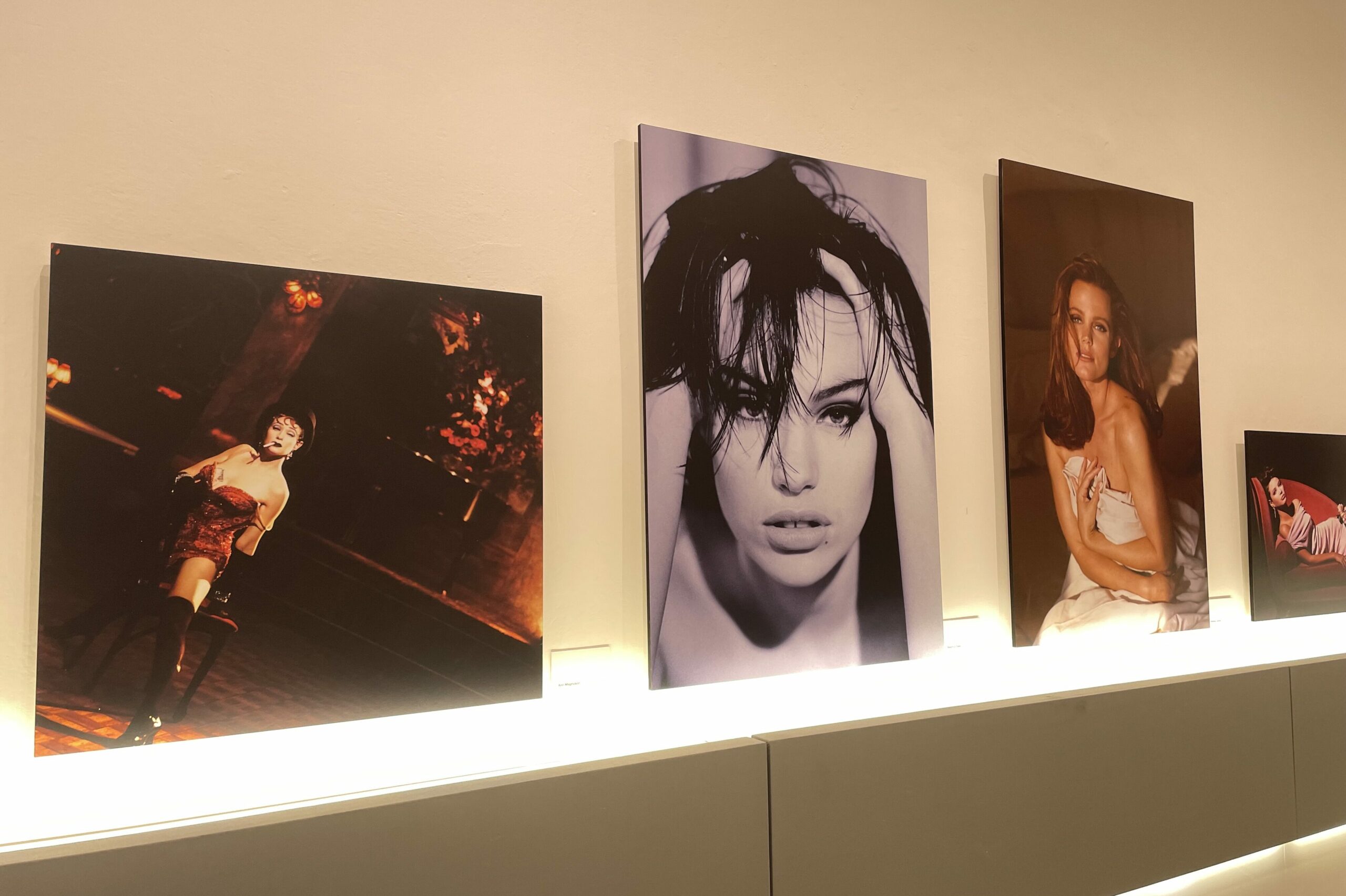The 2016 Hollywood Fringe Festival (June 9-26) – annual, open-access, community-derived event dedicated to showcase uncensored contemporary stage talent – is celebrating its seventh anniversary.
After six editions of ever increasing success, today the event has become a fixture of the neighborhood, which earlier had been synonymous exclusively with the silver screen.
In 2007, the brilliant idea of bringing a Fringe Festival to Hollywood came to current director Ben Hill, then aspiring actor just relocated to Hollywood from Washington D.C.
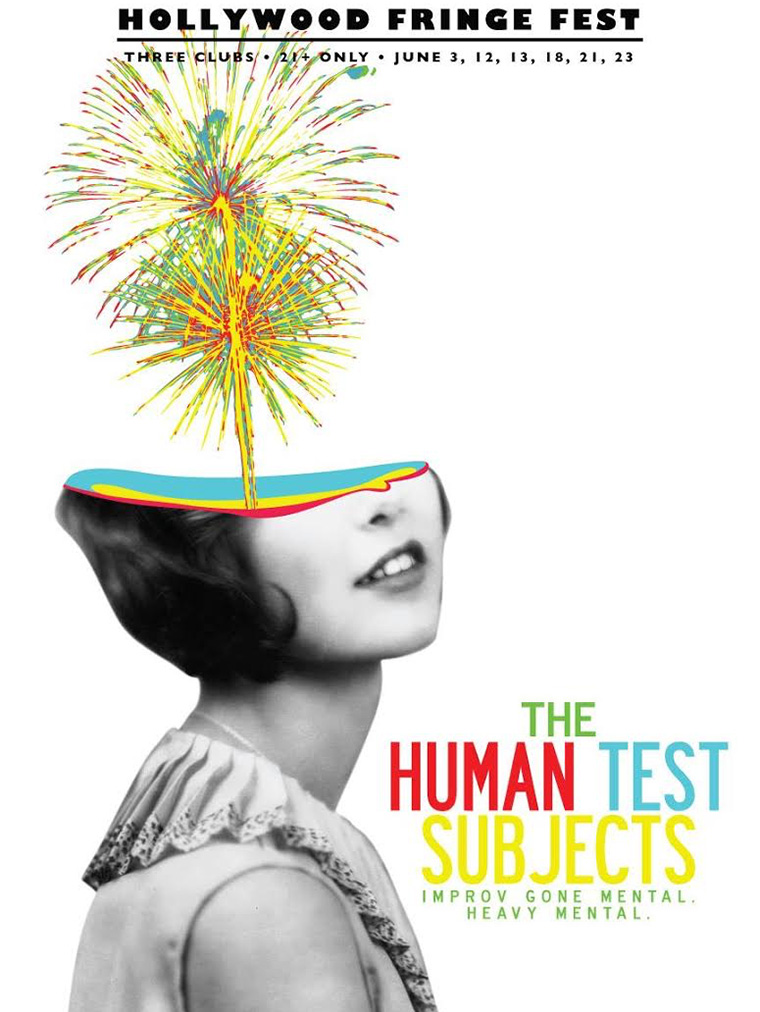
Ben’s then girlfriend, future wife as well as present Communications Director, Stacy Jones, plus his producing partner, Dave McKeever, helped to materialize the dream of an underground showcase for both emerging and established artists alike. Finally, in the summer of 2010, the three of them co-founded the Hollywood Fringe Festival.
Upon doing some research, I’ve found out that about 60 Italian-American artists are treading the boards of this current edition.
For the sake of accuracy, this imposing wave of talents is mostly made of actors and actresses, but also directors/producers, who tirelessly work backstage.
At the confluence of the two complementary aspects of performing and staging, John Coppola, multi-talented director, producer, teacher and actor, as well as artistic director/founder of the production company, Studio C Artists, has put together the ensemble of eight short plays, In the Garage.
We can talk of an actual Italian-American “imprint” in this mix of stage vignettes, which, as the title suggests, are all set in a garage. Playwright Joe Gulla authored one of the sketches, while Dean Donofrio, acted as liaison in the writing and producing process. To complete the picture, we had actors, Kim Acquarelli, Anthony Rizzuto and Dominick Vicchiullo.
Worthy of note is the annual mini film festival, hosted within the Fringe, WMMFest (We Make Movies’ Fest), organized by the L.A. based film collective of the same name, consisting of a tight-knit community of international filmmakers who self-finance their projects, mostly through crowdfunding campaigns.
A dozen, among the emerging filmmakers and actors showcased at this micro-event, are Italian-Americans. Who knows? Soon we might experience a second wave hailing from the Italian boot. But this time in the Hollywood par excellence, that is the movie industry.
Let’s focus now on two exemplar cases of sheer tenacity and resilience, upon facing horrible traumas.
Playwright and performer Judy Lombardo was born and raised in a strict but loving Italian-Irish Catholic household in Stamford, Connecticut.
On her father’s side, Judy’s grandfather emigrated from Palermo, Sicily to Willimantic, Connecticut, where he raised Judy’s dad – along with the latter’s nine older siblings – on owning a small fruit and vegetable store.
Since Lombardo was a 12-years-old girl, her number one goal in life has been to perform on stage in Hollywood.
Approximately 37 years later, upon miraculously surviving twice to a brain tumor, Judy Lombardo fulfilled her dream, by staging the autobiographical one person show, Victory?!, at the Hollywood Fringe Festival.
Here are her own words, the best testimony of her backbone in the face of today’s worst plague, namely cancer:
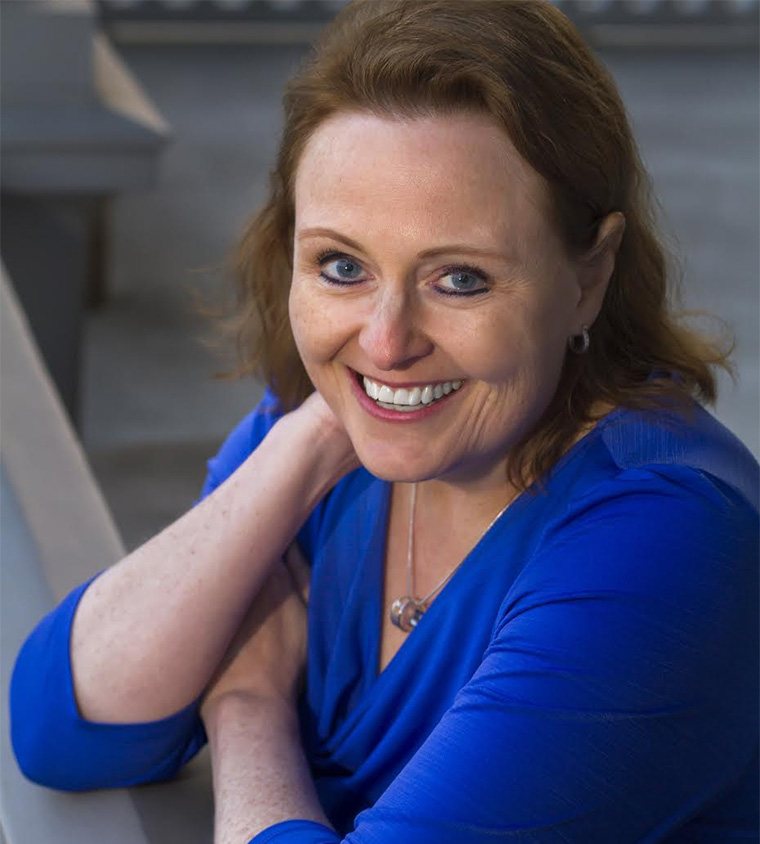
“I tried to tell my story as objectively as possible because there are positives and negatives to every situation and people need to remember that. I am a member of the Meningioma (my type of brain tumor) Mommas online support group. We have members from all over the world – U.S., Canada, England, Ireland, Australia, New Zealand to name a few“.
“I’d say about half of the group have had much worse experiences than I have, or have more serious permanent damage due to their tumor(s). Then there are so many people who go in for surgery to remove a brain tumor today, and are back to 100% in 4-6 weeks. That amazes me. That tells me there has been much progress in the treatment of brain tumors, but there is still much to be done.”
Judy strives to support cancer-stricken people, by pointing them towards the resources available today. The primary one being the American Brain Tumor Association (www.abta.org), which helps patients – as it did with Judy – to find the best local doctors.
She has noticed how lots of nurses are drawn to her show to “learn how a patient feels” in that terrible situation.
Judy’s ultimate goal is to perform her play and deliver talks to medical professionals, and thus offer a peek into a patient’s intimate condition.
A second model of tenacity is offered by actress Laura Zenoni, third generation Italian-American.
Laura’s maternal great grandmother (whose maiden name was Buitoni), as a child, left her native Genoa and immigrated to the States.
Laura was lucky enough to absorb firsthand from the latter the most authentic Italian culture.
Unfortunately, Zenoni’s luck made way for a mental illness, that has dogged her quite some time. Once again, it’s time to hear directly from her:
“Italian-Americans are often known for their big hearts and immense fortitude. My family is no different. Unfortunately, from a mental health stand point, that strength can sometimes pose a challenge. I’m extremely lucky that my family has grown to be very accepting and understanding of my mental health issues; however, when I first began struggling there was a sort of ‘pull yourself up by the bootstraps’ mentality that made it hard to talk about my PTSD and anxiety around my family.”
In early fall of 2015, UCLA put out a casting call for improvisers who had faced mental illness. The campus’ mission was to spread mental health awareness using the arts as a vessel.
Laura, together with a troupe of other three actresses, Stepy Kamei, Izzy Franke and Charmee Taylor, put together a show for UCLA’s students.
That was the unofficial birth of The Human Test Subjects, project that derives its name from the “label,” employed by UCLA for payroll purposes, on all of their paychecks.
Around February, the performers were meshing so well together, that they decided to adapt their show for an adult audience and bring it to the Hollywood Fringe. They would do a traditional “improv” show, then identify what mental illness each of them struggled with, and lastly would lead a quick repartee with the audience.
The troupe was not originally intended to be all female, but apparently hardly any male improvisers were ready to identify as having confronted mental illness.
The original cast has doubled in size as well as talent, and now includes also Brittany McClintock, Emily Decker, Laila Shaker and Susan Rimel.
The acclaimed UCLA sponsored improv troupe, named Schtick Not Schtigma, whose Laura is part, has been successfully spreading awareness about mental health issues through the use of laughter.
Let’s hear directly from Laura Zenoni how she accomplished a new stage of maturity and self-acceptance:
“My favorite show was when we went to University High School for an assembly. I was not expecting high school students to be open to a discussion on mental health, but they had some excellent questions!
It has been so empowering to bring the message to the LA community that mental illness is not always a bad thing. For such a long time, I felt the need to hide my mental illness and ‘just be normal.’ But it’s so much better to embrace what makes you different! I find that I’m less stressed out and people tend to like me more when I accept who I am.
As an adult I have learned that there is no such thing as ‘normal.’ We are all struggling and thriving in our own ways. It’s what makes us human- and humanity is a really beautiful thing.”
This year, it has been introduced an important addition to the already winning formula of the Hollywood Fringe Festival.
The Fringe Scholarship program, partially funded through a grant from the California Community Foundation, aims at supporting unique and underserved artists within the community.
The five awarded plays all deal with controversial themes and give voice to underrepresented groups, particularly women and a diverse range of ethnicities.
The fact that Italian-Americans were left empty-handed, has offered me some food for thought.
Determining factor is not the numerical size of each ethnic group, although the deeply-rooted presence of Latin-American communities in Southern California does have its weight.
What the Italian-American community often seems to lack, is the right amount of pride for its cultural heritage.
It is sufficient to look at the bios of Italian-Americans artists to notice how there’s hardly any reference to their Italian ancestry. It seems almost as if they would hide their origins, like a blot on their reputation.
My “pep talk” to you all is: “Embrace your identity with confidence and make your unique voice be heard! Like Laura Zenoni rightly said, show your ‘big hearts and immense fortitude’ to the rest of the world!”
